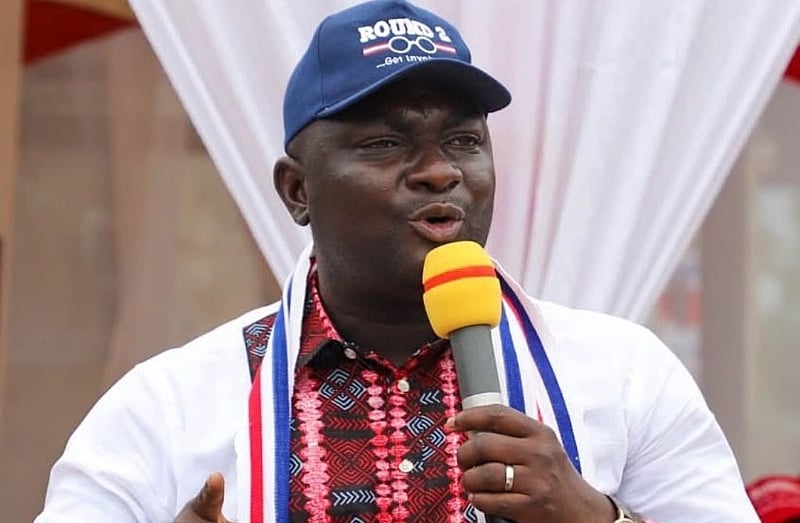The New Patriotic Party (NPP) in Ghana is currently undergoing a period of introspection and reform following its defeat in the 2024 elections. Davis Ansah Opoku, the Member of Parliament for Mpraeso, has voiced strong concerns regarding the party’s approach to these post-election reforms, criticizing the national leadership for a lack of transparency and engagement with the grassroots base. He argues that the party’s failure to adequately address the root causes of its electoral setback risks hindering its recovery and future prospects. Opoku emphasizes the importance of acknowledging the issues that led to the defeat, rather than simply focusing on structural changes without a clear understanding of the underlying problems.
Central to Opoku’s critique is the handling of the post-election review process. A committee, chaired by Professor Mike Oquaye, was tasked with investigating the factors contributing to the NPP’s loss. However, Opoku highlights the lack of communication regarding the committee’s findings. He points out that despite his own active participation in the review process, no communiqué or executive summary has been shared with party members. This opacity, he argues, prevents a meaningful discussion and understanding of the issues that need addressing. He underscores the importance of transparency, suggesting that open acknowledgment and analysis of the “sore” of defeat are essential for genuine healing and progress.
Opoku’s concerns are further amplified by the NPP’s current constitutional amendment process. The party has invited members and recognized bodies to submit proposals for reform. However, Opoku questions the foundation upon which these proposals are being formulated. He argues that without access to the findings of the post-election review, members are essentially working in the dark. He suggests that meaningful and impactful proposals can only emerge from a shared understanding of the issues diagnosed by the review committee. This lack of shared data, he contends, undermines the effectiveness of the amendment process and risks perpetuating the same problems that led to the 2024 defeat.
The MP’s criticism highlights a potential disconnect between the party’s leadership and its grassroots members. He advocates for a more inclusive and transparent approach to reform, emphasizing the importance of incorporating the perspectives and concerns of the party’s base. Opoku frames this as a critical step towards rebuilding trust and unity within the party. He suggests that ignoring the voices of those who actively work within constituencies and engage with voters risks further alienating the grassroots and hindering the party’s ability to reconnect with the electorate. This disconnect, if left unaddressed, could further complicate the NPP’s efforts to regain its political footing.
Opoku’s call for greater transparency and inclusivity in the NPP’s reform process reflects a broader concern about the party’s ability to learn from its electoral defeat. He argues that true recovery requires a thorough examination of the underlying causes of the loss, rather than a superficial focus on structural changes. He emphasizes the need for a candid and open conversation within the party, involving all stakeholders. By sharing the findings of the post-election review and engaging in a meaningful dialogue with its members, the NPP can foster a more informed and effective reform process.
Ultimately, Opoku’s concerns highlight the challenges facing the NPP as it navigates the post-election landscape. His critique serves as a reminder that successful party reform requires more than just structural adjustments. It demands a commitment to transparency, inclusivity, and a willingness to confront the underlying issues that contributed to electoral defeat. By taking the concerns of its members seriously and fostering a genuine dialogue about the path forward, the NPP can begin the difficult but necessary work of rebuilding trust, unity, and ultimately, its electoral prospects. The party’s ability to address these concerns will likely play a significant role in determining its future success.














